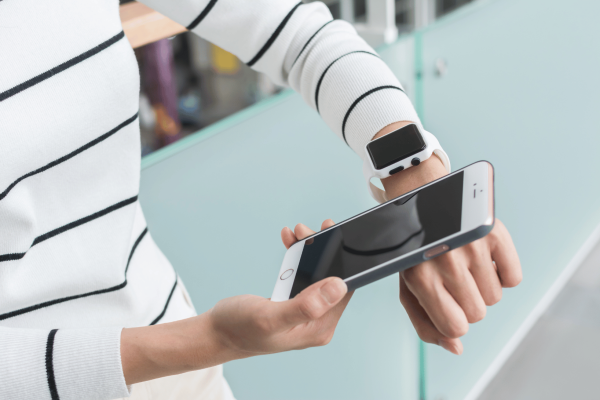Researchers know that we must all do more to make clinical trials more inclusive. Yes, legislators in the United States are now mandating that every trial must have a diversity plan, but good scientists also understand that the more representative our study populations, the more complete and accurate our safety and efficacy data will be.
Access to clinical trial resources plays a huge role in which patients can and cannot enroll in clinical studies. Historically, access has meant living close enough to a clinical trial site. This has, inherently, shut out patients living in rural areas, those without access to transportation and patients served by research-naïve healthcare providers.
So, how do we overcome these challenges and move forward with more diverse clinical trials?
Go Mobile
Today, nearly everyone has a smartphone. Ultra high-speed, 5G data – now widely available – can move data back and forth quickly and reliably for everyone, even those of us living far away from major cities. High-speed internet infrastructure is, similarly, widely available. We know the patients are out there, and we have ways to reach them.
These facts, along with pressures brought by the COVID-19 pandemic to keep patients safe at home, have led to the growth of decentralized clinical trial (DCT) approaches. Most of these approaches utilize flexible applications that make it possible for patients to use their own smartphones to submit data like ePROs, eConsents, and even participate in virtual visits. Sponsors can provision smartphones for those patients who don’t have their own – it’s a very small price to pay considering the overall costs of clinical trial recruitment.
Secure, mobile data collection strategies help to remove geographic limitations to finding patients. For example, our TrialKit solution has helped sponsors reach and collect data from even the most extreme remote locations, including Antarctica.
Choose a Mobile-Friendly Technology Platform
Going mobile to drive inclusivity requires a study platform built for this purpose. Having such a solution in place is critical to research success moving forward. Continued advances in remote data collection technology, coupled by regulatory pressure to make studies more representative, mean that mobile-led strategies will be the best-practice standard for the foreseeable future. With the right platform in place, researchers can not only collect data but drive patient engagement, reduce data entry errors, and enhance data security.
To these ends, we developed TrialKit so that researchers can build studies designed to collect any type of data from any patient, anywhere in the world. This type of end-to-end, cloud-based platform provides researchers the flexibility they need to collect, manage, and access study data from mobile devices. Being able to access and work with your EDC, eSource, and eCOA solution, or schedule and facilitate virtual visits, all from one mobile-friendly platform helps remove much of the complexity of broadly diverse, global trials.
What, then, are we waiting for? We’ve gotten the carrot – better quality data from more representative trials – and the stick – legal mandates. The communications infrastructure is now there to be able to reach into even the most remote geographies. There are dedicated clinical trial technology platforms built from the ground up to enable mobile data collection from any type of source, along with mobile access to data – even EDC. Building more inclusive clinical trials has never been easier and, by employing mobile strategies, we can work together to create safe new therapies for everyone.




